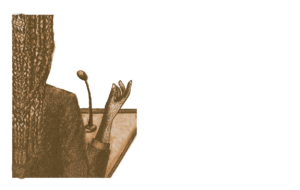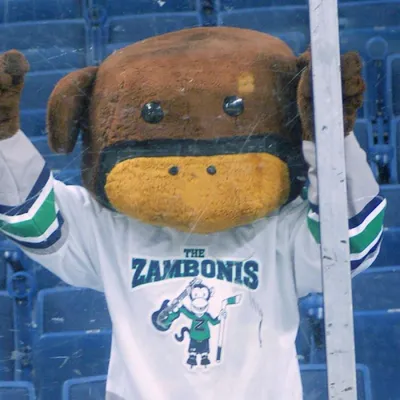The book White Fragility by sociologist Robin DiAngelo has enjoyed a run on the New York Times Best Seller List for nearly nine months. I still can’t quite understand why honestly, many white people have told me it was a real tough-love kind of read for them. In it, DiAngelo submits that she and her fellow white people have been mostly insulated from the full brunt of racial stress. “We consider a challenge to our racial worldviews as a challenge to our very identities as good, moral people. Thus we perceive any attempt to connect us to the system of racism as an unsettling and unfair moral offense” [italics mine]. She adds, “white solidarity is the unspoken agreement among whites to…not cause another white person to feel racial discomfort by confronting them when they say or do something racially problematic.” Thus we are all forced to take great pains to make it clear when discussing racism that we are not associating our white listener himself, per se, to the racism we are talking about. That whites expect and feel entitled to this kind of mollycoddling is the essence of white fragility.
Let’s dissect the case that’s been playing out in my local Buffalo news media recently of a black youth hockey player jeered with monkey sounds by white opponents during a January 2019 game. As you can probably guess, he was the only black kid on the ice. It’s no secret hockey isn’t terribly popular among African Americans. The incident was immediately reported to the local and state league bodies, bolstered by video posted to YouTube by another parent who was present. Then the entire matter languished (eh-hem, “was being investigated”) on the desk of David Braunstein, regional president of the N.Y. State Amateur Hockey Association. The aggrieved kid was, after all, a senior about to graduate from high school and age out of the league in a few months anyway. Braunstein and the State Hockey Association, loathe to break the unspoken agreement with white parents, chose to gamble on running out the clock. He might make parents (gasp!) uncomfortable. They may misconstrue an inquiry as him questioning the very moral identity of their families. Two months later, and the day before the matter was to be reported on the pages of the Buffalo News, the league cancelled their playoff games all together.
Braunstein’s reward for his steadfast allegiance to the white fragility rules of engagement? His head presented on a platter. After nineteen years, he announced his resignation to the press giving no reason. It was easier for Braunstein to step down, easier to cancel the playoffs all together, than to call one specific team of white kids to task for their actions and categorically disturb the racial status quo.
Think about that.
No, really, think about that for a minute.
And what of the referees on the ice while the jeering was happening in the moment? If you so much as yell “yo’ mama!” at another player, that’s grounds enough for an unsportsmanlike conduct sit in the penalty box. The referees even had the power to call the entire game had they deemed the jeering egregious enough (and upon watching the video, you may agree that’s not too far flung in this instance).
—And risk future paying referee gigs against the parents’ entitlement to lives free of racial stress by accusing their kids of having done something racist? Oh, no. The referees, too, impelled the tacit white fragility rules of engagement.
40 year veteran hockey referee Ken Reinhard brings my point home in this 2014 Sports Illustrated Magazine interview. “Players control the game through the choices they make while playing. Coaches control players by granting or denying ice time…. Parents also control the player by approving or disapproving of the play of their child. If a player has [no concern for] his coach’s discipline or his parents’ approval, then something is wrong.” Reinhard serves up as an example a story from his own youth playing days. He’d delivered an illegal blow to an opponent that escaped the referees, but not his father in the stands. His father later reacted by breaking young Ken’s stick in half.
Racism isn’t just an act. It’s an entire system; from those kids’ dinner tables, to their socialization, all the way up to the league’s state offices, that closed looped system that allowed for this whole situation to play out. And all anybody had to do to be a part of it is exactly what they did–nothing.
(Rest assured though, I’m not talking about you personally per se, kid who sat on the bench next to the instigators but refused to give their individual names up to the coaches….)
Those jeering kids weren’t afraid of racially embarrassing their white parents. Unfortunately, everyone else involved in this incident was. The lengths that the league went to, from the referees up, to protect white people’s racial comfort is the big picture lesson not to be missed here.
For the record, I pause a moment to give the media the recognition it deserves for being the valve that finally let the air out of that closed system.
Between the cancelling of the playoffs, Braunstein’s ouster, the extremely bad press for the offending team and the hockey league on the local and state level, this episode of racism ended up being at everybody’s expense anyway. That is what I ultimately want to communicate about racism through my work. Racism–and the white fragility that protects it–is everyone’s loss. Its dissolution is rightfully everyone’s undertaking.

